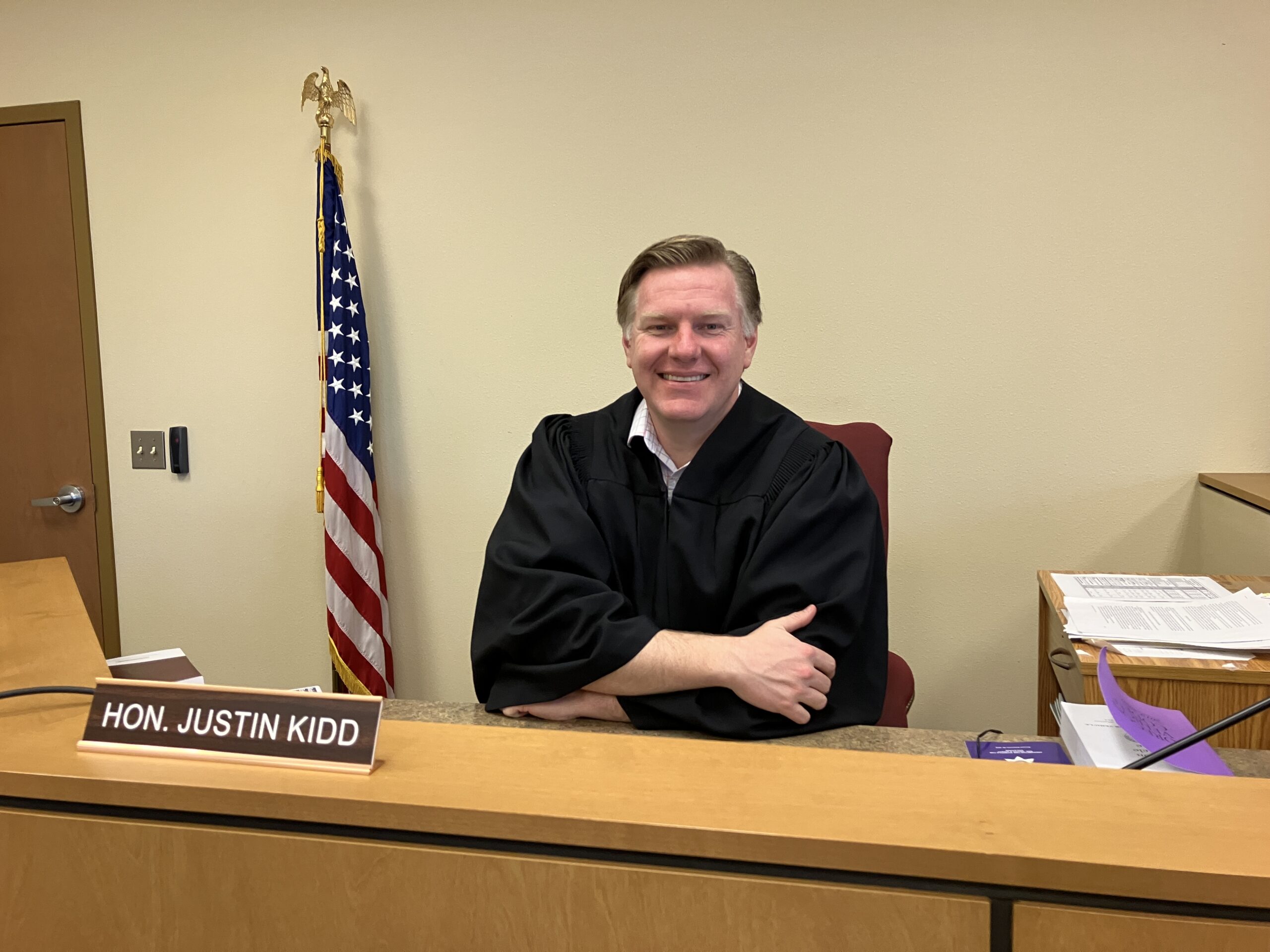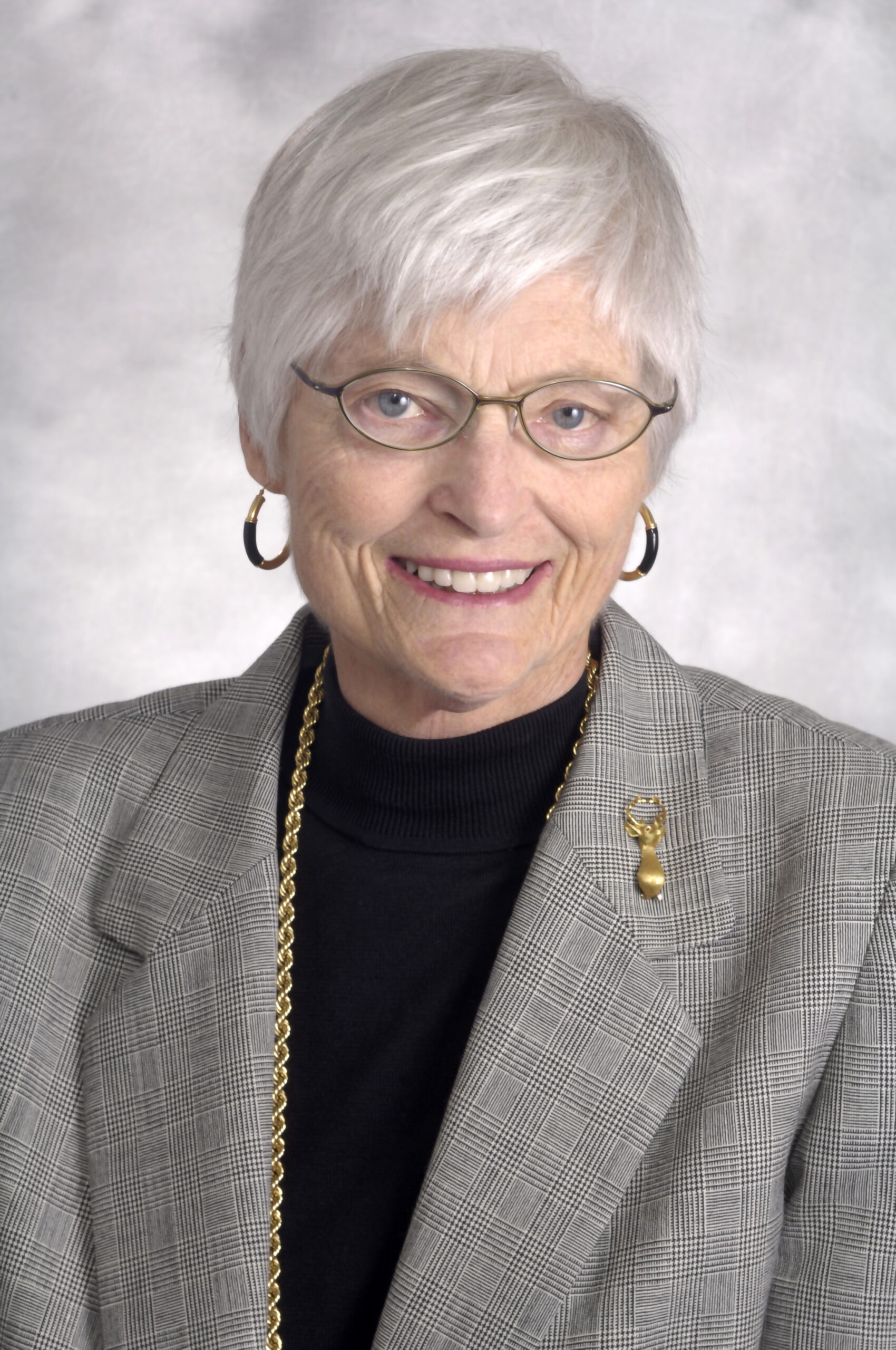 Boettcher Scholar Year: 1998
Boettcher Scholar Year: 1998
Hometown: Pueblo
College(s), Degree(s): University of Denver (1998 – 2002) International Studies/Spanish; Carnegie Mellon University (2004 – 2006) Masters, Public Management; University of California-Berkeley (2006 – 2009) Juris Doctor (JD), Law.
Justin Kidd is a 2022 recipient of the Boettcher Foundation’s Alumni Recognition Award. Boettcher’s Alumni Recognition Awards program aims to celebrate Boettcher Scholar Alumni who embody the Foundation’s ethos of service, leadership, and giving back to others. The Foundation gives the Outstanding Alumni Award to two individuals each year. Justin’s leadership in ensuring equitable access to justice, and mentoring a new generation of talented, service-oriented individuals has gone above and beyond in demonstrating Boettcher’s commitment to giving back community leadership, and service.
Justin used the Boettcher Scholarship to attend the University of Denver, where he majored in Spanish language and International Studies, with minors in French language and leadership. While in undergrad, Justin studied or interned in France, Spain, Bosnia, and Washington DC. On graduation, Justin moved to Pittsburgh, where he completed a Coro Fellowship in Civic Leadership, and then a Netzer Fellowship for the Jewish Healthcare Foundation, working on health workforce Issues. While working on his fellowship, Justin went to night school at Carnegie Mellon University, where he earned a Masters in Public Management. Following that, Justin attended law school at the University of California, Berkeley. Throughout his undergraduate and graduate career, Justin was honored to be selected as a Boettcher Scholar, a Truman Scholar, a Point Scholar, and a member of the USA Today All-American Academic First Team.
After law school, Justin was selected as an Honors Attorney for the Oregon Department of Justice, where he served as an Assistant Attorney General for approximately 12 years. There, he worked as a trial attorney representing the state in cases ranging from small claims to multimillion dollar jury trials and complex class action litigation. In 2021, Governor Kate Brown appointed Justin as the Justice of the Peace (Justice Court Judge) for Marion County, Oregon, where he serves today. In his free time, Justin has served as a foster and adoptive parent. His passion is making life better for foster children, and he works with several Oregon-based organizations to make that happen. He wants you to know he feels very corny writing this all down in a bio like he was an “important person.”
How has being a Boettcher Scholar played into what you have done, where you are now, and what you hope to accomplish in the future?
Boettcher gave me the freedom to figure out who I was. When I came out of high school, I enrolled in School of Mines because it was the “hardest” school, and I felt compelled to conquer “hard things.” I did great there academically, but I was flat-out miserable. Mid-year I admitted to myself I wasn’t having fun. In fact, I decided I would rather stick a fork in my eye than spend the next 40 years deciphering differential equations. Also, I figured out I was gay — a year full of revelations! So I called Katie Kramer who was the scholar representative at the time. Almost in tears, I told her I needed to change schools, and also came out to her, half-expecting the scholarship to defund me for being gay. (The ’90s were a different time; a few years earlier, Colorado voters had just passed Amendment 2, which banned local governments from prohibiting anti-gay discrimination). Katie couldn’t have been kinder or more supportive. She helped me transfer to DU where I decided I could study Spanish just because I loved it. And now I use Spanish basically every day in court. I love how it helps me make the courtroom accessible and non-scary to people who don’t usually feel welcome. I am really thankful that Boettcher gave me freedom and support to figure myself out.
What is your advice on how folks can get more involved in their own communities?
I used to dread the Boettcher Scholar alumni survey every year. I dreaded it because it would always ask how many hours I’m donating to this and to that. And, well, I never felt like I measured up because Boettcher scholars are AMAZING and basically saving the world. I’m just here going to work, raising my kids, and volunteering a little where I can — but I gotta be honest, I’m also spending a good number of hours watching “Game of Thrones” and otherwise being unproductive. So I guess my advice — and I am still working on this — is not to compare yourself to others. Don’t feel guilty going to work and raising your kids and volunteering a little on things that bring you joy. And also it’s a good thing to make some time for “GOT.”
What’s the best advice you’ve received and what advice do you have for Boettcher Scholars who will graduate this year?
My advice is that they do not have to do “the next hard thing” simply because they are capable of doing “the next hard thing.” A lot of high-achieving people like Boettcher Scholars are accustomed to doing the “next hard thing” simply out of habit, so they get stuck on this conveyor belt of prestigious, difficult (and joyless!) things. And so a lot of high-achieving undergrads feel like they need to go directly to law school or medical school just because it’s a difficult and prestigious thing to do — not because they think the practice will bring them joy. A few years later, and a couple hundred thousand dollars poorer, they discover they’d rather stick a fork in their eye than attend another deposition. (Sound familiar?) Reject the conveyor belt. It’s much smarter to take a gap year or two before graduate school. The time and space will help you determine if you really want to enter the profession, or if you’re just doing it because it’s the next “hard thing.”


